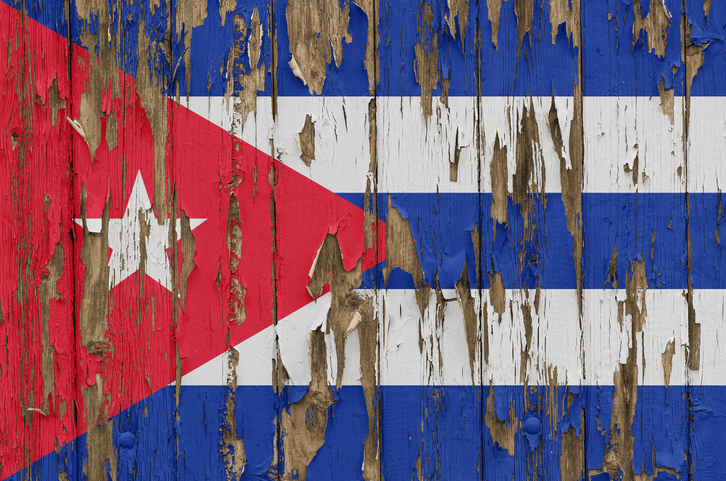Summary: Cuba’s communist dictatorship has failed to deliver on its promises of equality and prosperity. Despite some gains in health and education, the island nation continues to lag behind other countries in the region that have embraced democracy and free markets. This article exposes the myths and realities of Castro’s Cuba, showing how Cuba’s communist system has only oppressed and impoverished its people.
As a boy, I was lucky enough to witness the end of communism in Eastern Europe. Together with my parents, I joined in the pro-democracy protests that swept through my native Czechoslovakia in 1989, jingling my keys to symbolize the opening of the Iron Curtain. During the day, we marched. At night, my friend and I painted anti-communist placards. It was “year zero,” a new beginning. By and large, things worked out well. Communism fell, and Central and Eastern European countries are now much richer, healthier, cleaner, better fed, and, of course, freer. And so, I feel a great affinity for the Cuban people who took to the streets to demand an end to a six decades-long communist dictatorship that turned the island into a large open-air prison. That said, I want to address a few misconceptions about the island nation.
First, the trade embargo that the United States imposed on the Cuban regime is not a blockade. Out of the 193 members of the United Nations, Cuba is free to trade with 192. So, the U.S. embargo cannot be responsible for Cuban poverty. The problem is Cuba’s economic system, which, like the one I saw fail in Eastern Europe, does not produce goods and services that other nations need or want. If the embargo were to disappear tomorrow, the effects on the welfare of the Cuban people would be minimal, for Cuban problems are internal, not external. That said, the embargo should go. It has accomplished nothing – except provide the defenders of the Cuban regime with a talking point that, however deceitful, is being repeated ad nauseam by some journalists and politicians.
Second, Cuba’s human development “achievements” (if they are to be believed, given that communist regimes tend to produce fictional statistics) are in no way remarkable. Between 1960 and 2015, the Cuban literacy rate rose by 21 percentage points. Over the same period, it rose by 23 percentage points in Paraguay, which was run by fascist dictator Alfredo Stroessner (1953-1989). Between 1960 and 2017, Cuban infant mortality declined by 3.76 percentage points. It declined by 12.5 percentage points in Chile, which was run by Augusto Pinochet (1973-1990). Between 1960 and 2015, Cuban life expectancy rose by 14.7 years. It grew by 20.9 years in Brazil, which was run by a right-wing military junta (1964-1985). Today, few people would dream of using human development gains to justify or excuse the human rights abuses committed by these vile dictatorships. Why do so with Cuba?
Third, contrary to some of America’s better-known journalists, Cuba is not “the most equal, multiracial country in our hemisphere.” Top ranking members of the communist party have an assortment of special privileges, including access to better hospitals and schools. Moreover, they get superior access to food through state-run food distribution centers – as was the case in Czechoslovakia and most (possibly all) other communist countries throughout the 20th century. Race relations on the island are also problematic. According to Cuba scholar Rebecca Bodenheimer, the “leadership within the Cuban government has historically been mostly white” and “Black Cubans are disproportionately poor, [and] incarcerated…” Is it any wonder that Fabiola Santiago from the Miami Herald found that “Afro Cubans, who have fared the worst under the Cuban regime, are leading this new revolution in Cuba”?
At any rate, I wish the Cuban people the very best of luck. The spread of human freedom has stalled in recent years. We have even seen some reversals in the process of democratization. It would be nice if we could transfer the island from the “Unfree” column to the “Free” column. Now that would be progress!

